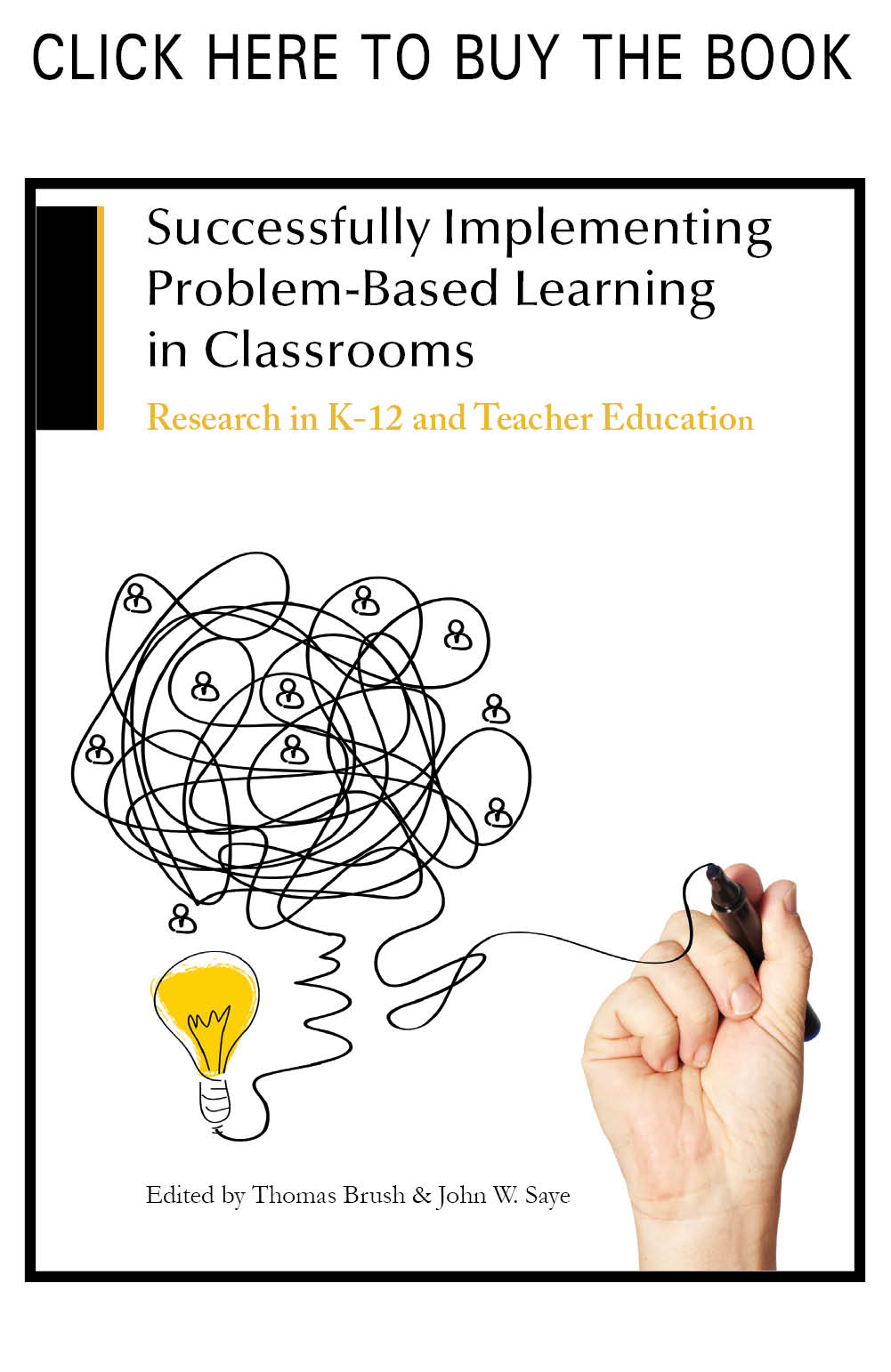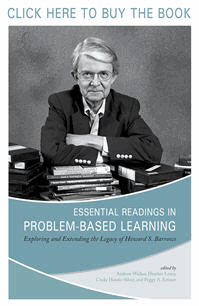Abstract
How people learn is influenced by the cultural contexts in which their learning occurs. This qualitative case study explored challenges Korean medical students and tutors experienced during their PBL sessions from a cultural perspective using Hofstede’s cultural dimensions. Twelve preclinical medical students and nine tutors from a large Korean medical school participated in interviews. The interview data were analyzed using the constant comparative method and classified according to Hofstede’s cultural dimensions. Twenty-two themes emerged within the following overarching categories: large power distance (6 themes), high uncertainty avoidance (6), individualism (3), collectivism (4), and masculinity/short-term orientation (3). This article discusses culturally responsive solutions with regard to each cultural dimension, which would help overcome these challenges and enhance the experiences of students and tutors with PBL.
Recommended Citation
Ju, H.
,
Choi, I.
,
Rhee, B.
,
&
Tae-Lee, J.
(2016). Challenges Experienced by Korean Medical Students and Tutors During Problem-Based Learning: A Cultural Perspective. Interdisciplinary Journal of Problem-Based Learning, 10(1).
Available at: https://doi.org/10.7771/1541-5015.1565
Included in
Educational Methods Commons, Instructional Media Design Commons, Medical Education Commons




